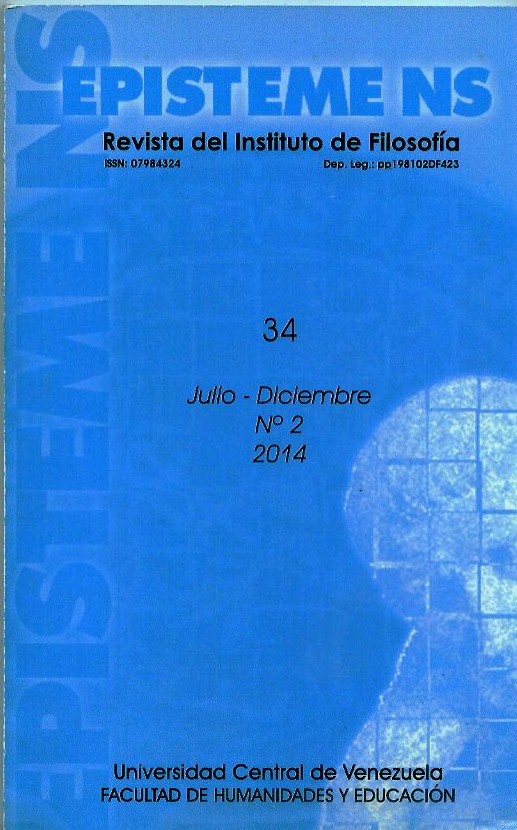LIBERTAD, VERDAD Y TOTALIZACIÓN: LA DISPUTA SARTREANA CON LA FINALIDAD DE LA HISTORIA EN VERDAD Y EXISTENCIA
Palabras clave:
verdad, historialidad, totalizaciónResumen
En Verdad y existencia, Jean Paul Sartre tomará como punto de partida la exposición de las formas en que ha sido concebida la historia, poniendo en cuestión tanto el carácter finalista y cerrado que comportan, como su necesidad de suprimir lalibertad como condición ontológica del No-ser. Frente a la idea de una totalidadcerrada del ser, Sartre concebirá la noción de totalización como acto, es decir, comopretensión de totalidad. El presente artículo tomará las nociones de verdady de ignorancia desarrolladas por Sartre en Verdad y existencia para evaluar la manera en que estas procuran el despliegue de unaparticular concepción del sentido histórico que preserva el ámbito de la libertaddel sujeto, entendiendo el acto deconocer no como mera pasividad contemplativa, sino como praxis humana transformadora.
Abstract: In Truth and Existence Sartre will start exposing the forms in whichhistory has been understood, questioning the finalist and closed character of those views while, at the same time, unveiling the neutralizing effect that suchnotions have over the freedom of the human being. Confronting the idea of being as a closed totality, Sartre will conceive the notion of totalization as a human claim. The present article will take the notions of truth and ignorance that Sartre elaborates in Truth and Existence in order to see how from those notions he develops a particular conception of historical meaning in which the subject is rescued from reifying or objectifying pretenses, understanding the act of knowing not as a mere contemplative passivity but, to the contrary, as a transformative human praxis.

